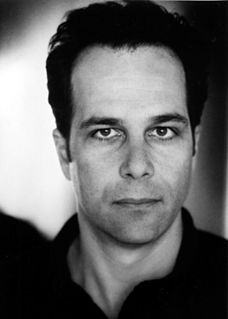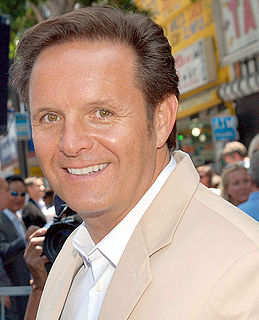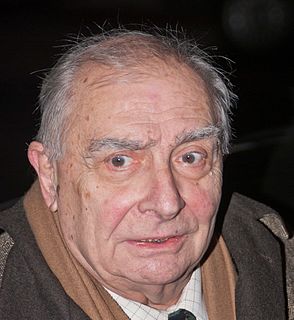A Quote by Woody Harrelson
Pesticides came about after the first world war. Some brainy petrochemical money maker said, 'Hey, that mustard gas worked great on people, maybe we could dilute it down and spray it on our crops to deal with pests.'
Related Quotes
As Churchill said about the Great War, and he said this in about 1924, that it was the first war in which man realized that he could obliterate himself completely. If you consider the way the whole world was impacted, 18 million people worldwide died, and that is taking into account military and civilian deaths: 18 million people. And it was the whole world, if you will. You know, many of those trenches were dug by Chinese. There are photographs of Chinese looking like they just came from China, with their hats and so on, digging the trenches, right from the beginning.
I'm not pro-war. But I think war has been the dominant condition of humankind, and peace has been the anomaly - certainly sustained periods of peace that profit great masses of people - and I think war has worked, even awful hellish wars: worked to staunch fascist aggression in Europe, worked to preserve the Union after secession in the United States, etc. Not always, maybe not often, but to say never is to reject history in favor of a wishful unreality.
No capitalists after any war were ever so well paid for money loaned to the nation that carried it on. No class of money-makers ever gained such prosperity by any other war, as our War for the Union brought to the money-getters of America. All this was due in great measure to the rank and file of the Union army. Now let no rich man haggle with a needy veteran of that war about his right to a pension!
I have said, and I repeat, at the risk of appearing sacrilegious, that the gas chambers are a detail of the history of the Second World War... If you take a book of a thousand pages on the Second World War, in which 50 million people died, the concentration camps occupy two pages and the gas chambers ten or 15 lines, and that's what's called a detail.
I looked back on the roaring Twenties - with its jazz, 'Great Gatsby,' and the pre-Code films - as a party I had somehow managed to miss. After World War Two, I expected something similar, a return to the period after the first war, but when the skirt lengths went down instead of up, I knew we were in big trouble.
I was once doing a book signing and a man came up to me and said that he gave classes to people who'd been convicted of drunken driving twice. He said he felt that nearly all of those people were what I was describing as sociopathic. Which makes a great deal of sense to me. We always talk about how could you possibly, knowing that you're drunk, get behind the wheel of a car again and do that? Well, you could if you didn't give a half a damn what happened.



































